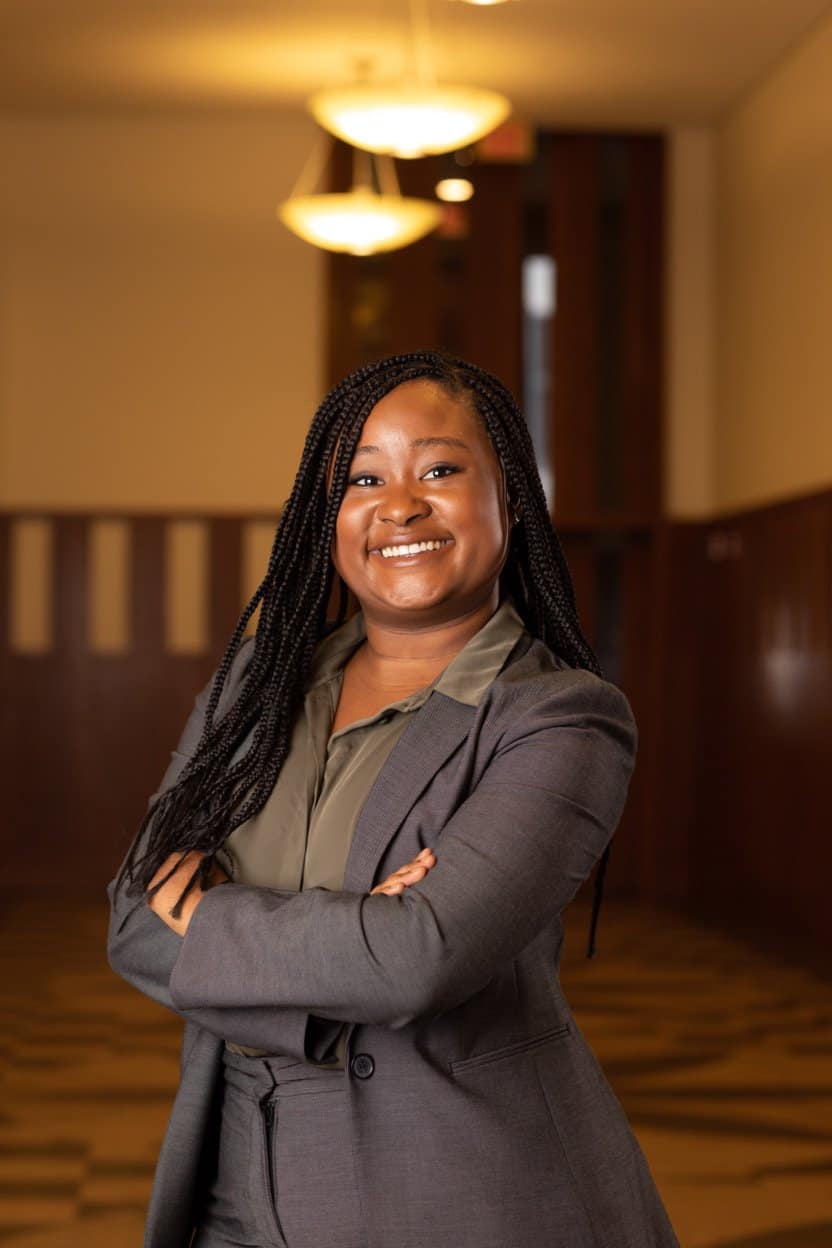
Courtney Brunson is a student at Harvard Law School and member of the Harvard Legal Aid Bureau.
Joe Biden, the Democratic Party’s candidate for the presidency, officially put an end to the long wait and anticipation yesterday over who he would pick to be his vice president. The junior Senator from California, Kamala Harris, is the second African-American woman and first South Asian-American Senator in history. Harris has a largely positive record on labor, much of which has been covered by OnLabor commentators, including her introduction of the National Domestic Workers Bill of Rights alongside Washington Representative Pramila Jayapal, plan in the presidential primary to establish senior positions for persons with disabilities in the White House and other federal agencies, and support for the classification of rideshare drivers as employees, rather than independent contractors, despite her brother-in-law being Uber’s chief legal officer. However, the AG office’s efforts to prevent the removal of state prisoners due to concerns that it would have on prison labor during her tenure remains a concern – especially as the use of prison labor has increased since the beginning of the pandemic.
The United States Labor Department released its monthly Job Openings and Labor Turnout Survey (JOLTS) this past Monday. The survey revealed that there has been a 518,000 surge in job vacancies, amounting to a total of to 5.9 million. Many believe this increase is due to an increase in the amount of workers who are quitting their positions because of their fears of exposure to the coronavirus or problems with securing childcare. Most of these vacancies have been in the accommodations, food services, healthcare, and social assistance industries.
Amira Rose Davis wrote an op-ed in the Washington Post yesterday on the efforts of college athletes to mobilize and take actionable steps to create safe and healthy environments on and off the field. As the National Collegiate Athletic Association’s (NCAA) five richest conferences (Pac-12, Big Ten, SEC, ACC, Big 12) have been split on whether they will be playing college football this fall, some players have taken it upon themselves to form associations to give themselves a greater say on the governance of the sport. These efforts began over the summer when Black athletes at the University of Southern California formed the United Black Student Athletes Association (UBSAA) to urge their university to combat racial equality and take other actions to improve the lives of black students and athletes. Since then, Pac-12 players have announced that they would boycott the season if certain efforts were not made to address racial and economic justice issues as well as general safety concerns. Davis grounded these actions in similar efforts made by Black players in the past to address various social justice issues. One such example included Black athletes at San Jose State threatening to boycott the season opener in 1967 if issues around racism and segregation were not addressed.
Lastly, news has emerged of a high level female executive suing Pinterest, an online image sharing and social media service, for gender discrimination and retaliation. In a Medium post released yesterday that was titled “The Pinterest Paradox: Cupcakes and Toxicity,” Françoise Brougher, the former COO of the company, wrote about the “rampant discrimination, hostile work environment and misogyny” that existed inside the company and allegedly led to her firing. Brougher included various examples of inequities she faced when employed by Pinterest, which ranged from differences in executive compensation to hostile HR meetings with the CFO. This news follows accusations in June made by two Black female employees at Pinterest of racial bias.






Daily News & Commentary
Start your day with our roundup of the latest labor developments. See all
February 20
An analysis of the Board's decisions since regaining a quorum; 5th Circuit dissent criticizes Wright Line, Thryv.
February 19
Union membership increases slightly; Washington farmworker bill fails to make it out of committee; and unions in Argentina are on strike protesting President Milei’s labor reform bill.
February 18
A ruling against forced labor in CO prisons; business coalition lacks standing to challenge captive audience ban; labor unions to participate in rent strike in MN
February 17
San Francisco teachers’ strike ends; EEOC releases new guidance on telework; NFL must litigate discrimination and retaliation claims.
February 16
BLS releases jobs data; ILO hosts conference on child labor.
February 15
The Office of Personnel Management directs federal agencies to terminate their collective bargaining agreements, and Indian farmworkers engage in a one-day strike to protest a trade deal with the United States.